Home > Climate News >
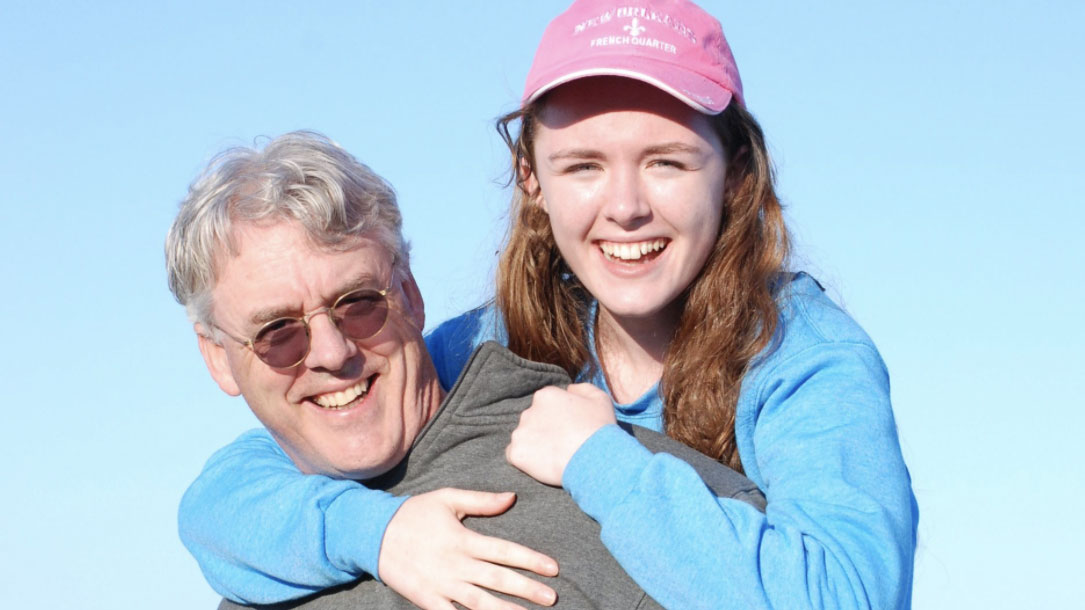
Children Change Their Parents’ Minds about Climate Change
Postulating that pupils might be ideal influencers, researchers decided to test how 10 to 14–year-olds’ exposure to climate change coursework might affect not only the youngsters’ views, but those of their parents. The proposed pass-through effect turned out to be true: teaching a child about the warming climate often raised concerns among parents about the issue.
Fathers and conservative parents showed the biggest changes in attitudes, and daughters were more effective than sons in shifting their parents’ views. The results suggest that conversations between generations may be effective starting points in combating the effects of a warming environment.

Top GOP Pollster Finds Overwhelming Support for Carbon Tax by Millennial Republicans
“This is the first time we’ve polled a climate plan that has real positive appeal across Republicans and Democrats.”
A new survey finds Republicans under 40 support a carbon tax 7-to-1. And a remarkable 85% of Republican millennials are concerned that “the current Republican position on climate change is hurting the party with younger voters.”
But what makes this result so striking is that the survey was conducted by Frank Luntz, a top GOP strategist and pollster. Luntz wrote an infamous memo in 2002 detailing the exact words conservatives should use if they want to sound like they care about climate change without actually doing anything about it.

So Why is Two Degrees the Magic Number?
If we can keep the earth’s temperature from warming two degrees we’ll be fine. But if that temperature goes only a tiny bit above, we’re in trouble…right? Not so much. In the recent video from Katharine Hayhoe’s Global Weirding series with PBS, Hayhoe helps clarify what’s happening and what we can do.
This might be something you could share on your social media feed, or in an email.
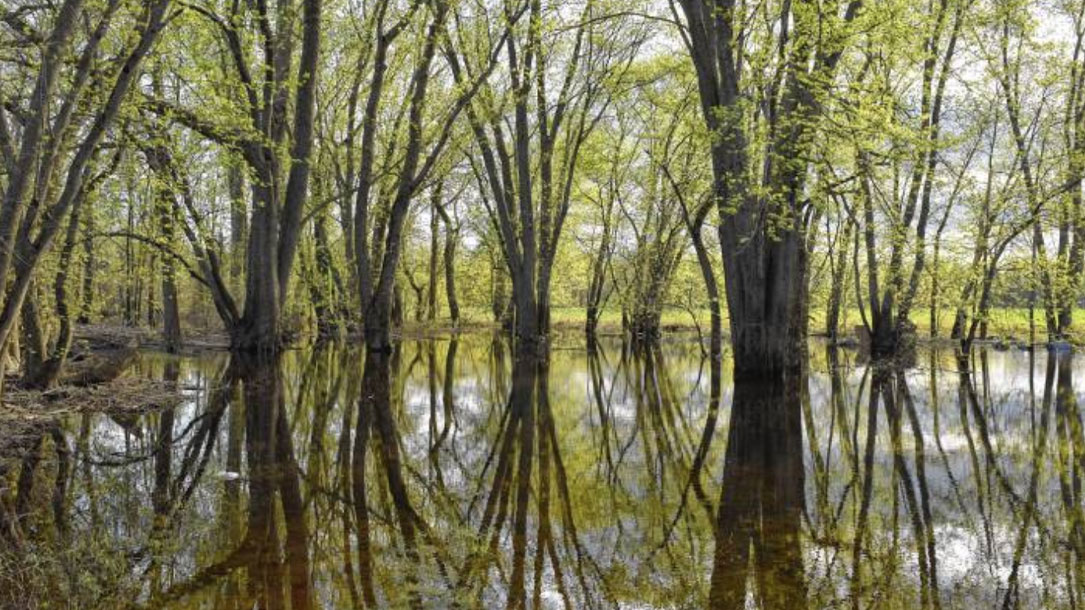
Kestrel Land Trust featured: Land conservation is part of the climate change solution
“When you think about strategies to prevent more severe impacts [of climate change], protecting land from development may not be the first action that comes to mind. The science is clear that we must reduce our fossil fuel use and curtail other sources of greenhouse gas emissions.
Conserving and restoring the world’s forests, grasslands and wetlands, however, is also a critical tool for countering the effects of climate change. Every year, globally millions of acres of forests are cleared for development, grazing or crops. When this happens, most of the organic carbon stored in the original forest is released into the atmosphere…”

King Arthur Flour calls for action
“King Arthur Flour works with mills and farmers across the nation to supply home bakers everywhere with some of the finest flours and baking supplies available. It takes a lot of time and energy to transport our products to stores and kitchens across the country, and we are acutely aware of the impact all that transportation has on the environment.
In 2016, the transportation sector surpassed the electric power sector to become the largest emitter of greenhouse gas emissions in the U.S. In fact, the transportation sector is responsible for nearly a third of all U.S. Greenhouse gas emissions—contributing to climate change and air pollution, and exacerbating public health concerns…
Therefore we were pleased to see Gov. Phil Scott announce that Vermont will join eight other states and the District of Columbia this year to collaborate on developing a regional, market-based policy to reduce greenhouse gas emissions and modernize our transportation system…”
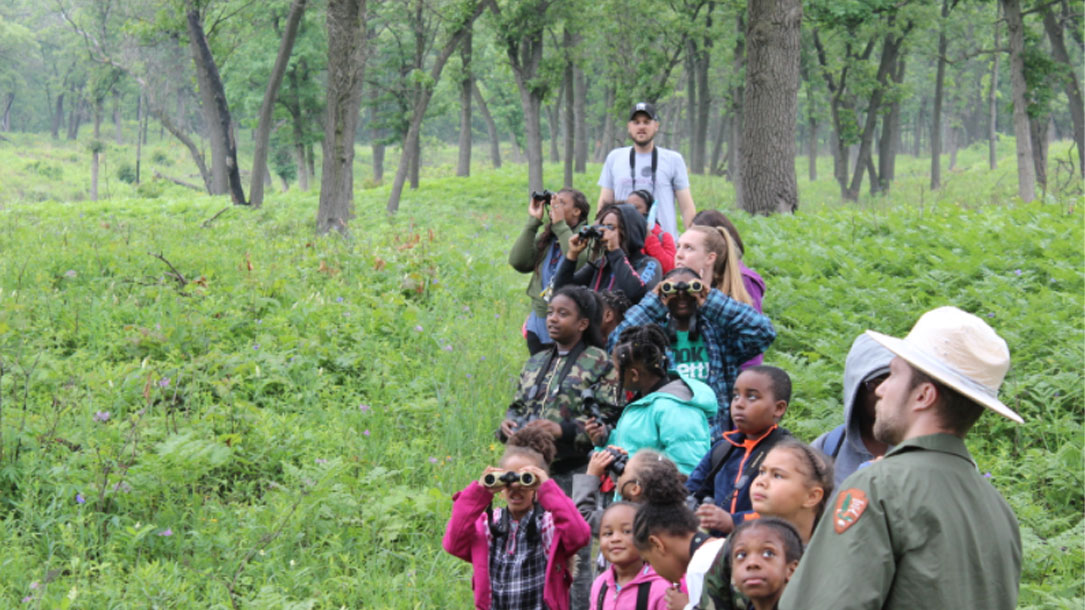
Land trusts engage people in climate change solutions
“Last fall lent credence to the adage that bad news comes in threes. First, the United Nations issued a special report projecting severe climate upheaval if current levels of greenhouse gas emissions continue.
Then, on Black Friday, the federal government released Volume II of the Fourth National Climate Assessment (NCA), which forcefully affirms climate change is here and now and that humans are the primary cause.
Finally, just as word came that 2018 would likely be the fourth warmest year on record, the U.N. released an emissions report confirming that nations are falling far short of goals set in the Paris climate agreement. (Early in 2019, studies confirmed that U.S. carbon emissions, rather than falling in 2018, rose by 3.4%.)”
That’s an excerpt from a new article by the Land Trust Alliance facing the reality of climate change. The good news is that land trusts across the country are finding ways to inspire change.
The article highlights a wide variety of land trusts, both large and small, and identifies leaders like Brandon Hayes, who directs communications for Openlands in the Chicago region, and who saw last fall’s climate reports as “a chance to extend the organization’s commitment to ‘be bold about climate in our messaging.’ The issue’s politicization is awkward for land trusts, he acknowledges, but climate change is a strategic priority for Openlands—and one it covers prominently: ‘What’s the point of being a leading conservation organization if you can’t speak out on an issue this important?'”
Openlands is not alone. Scenic Hudson Land Trust, Tinicum Conservancy, Kestrel Land Trust, Athens Land Trust, and The Nature Conservancy are all featured in this article. It’s worth reading.

High CO2 Levels Will Wreck Plants’ Nutritional Value, so Don’t Plan on Surviving on Vegetables
“Our emission of greenhouse gases from burning fossil fuels is reducing the nutritional quality of our food,” says Kristie Ebi, the University of Washington professor who was the lead author on the Intergovernmental Panel on Climate Change’s (IPCC) blockbuster report last fall on the need to limit global warming to below 1.5 degrees Celsius.
Ebi directly refuted an idea that’s been floating around for a while about the effect of CO2 on food production and global hunger. Technically, plants need CO2 to survive: they bring it in, break it down, and rely on carbon to grow…
“It’s not just us,” Ebi says. Animals like cows that rely on grains and plants for their diet produce meat and milk that contain fewer nutrients and vitamins, and people who eat meat take in fewer of those crucial resources…
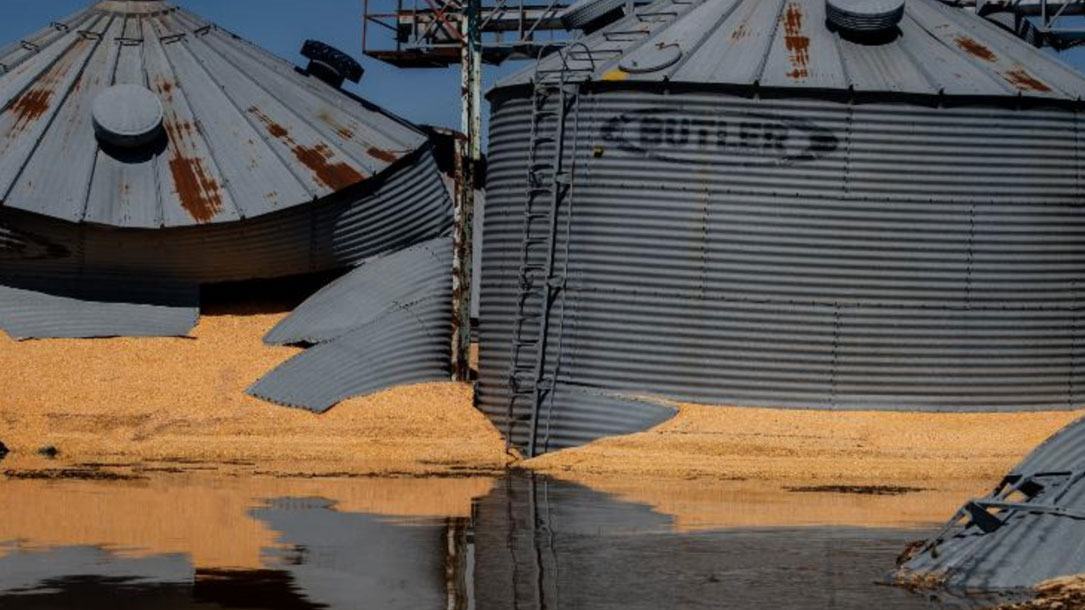
The Midwest flooding has killed livestock, ruined harvests and has farmers worried for their future
(CNN)Farmers in parts of Nebraska and Iowa had precious little time to move themselves from the floodwaters that rushed over their lands last week, so many left their livestock and last year’s harvest behind.
Now as they watch the new lakes that overtook their property slowly recede, some have a painfully long time to reflect: They lost so much, staying in business will be a mighty struggle.
Across parts of the Midwest, hundreds of livestock are drowned or stranded; valuable unsold, stored grain is ruined in submerged storage bins; and fields are like lakes, casting doubt on whether they can be planted this year.
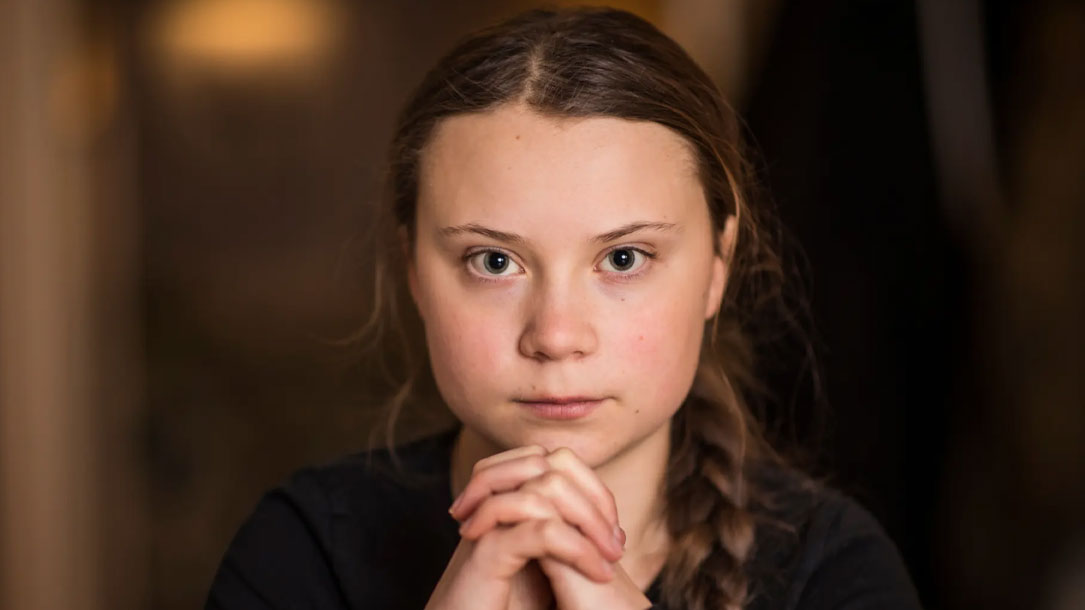
Greta Thunberg, schoolgirl climate change warrior: ‘Some people can let things go. I can’t’
One day last summer, aged 15, she skipped school, sat down outside the Swedish parliament – and inadvertently kicked off a global movement.
Greta Thunberg cut a frail and lonely figure when she started a school strike for the climate outside the Swedish parliament building last August. Her parents tried to dissuade her. Classmates declined to join. Passersby expressed pity and bemusement at the sight of the then unknown 15-year-old sitting on the cobblestones with a hand-painted banner.
Eight months on, the picture could not be more different. The pigtailed teenager is feted across the world as a model of determination, inspiration and positive action. National presidents and corporate executives line up to be criticised by her, face to face. Her skolstrejk för klimatet (school strike for climate) banner has been translated into dozens of languages. And, most striking of all, the loner is now anything but alone…
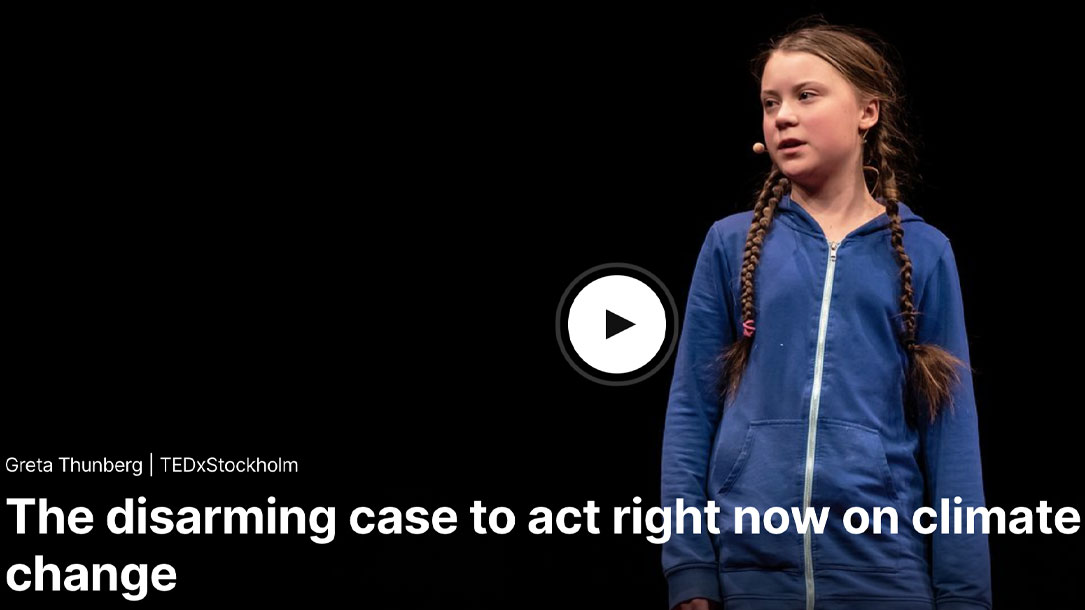
Greta Thunberg: Saving Your World
“Greta Thunberg cut a frail and lonely figure when she started a school strike for the climate outside the Swedish parliament building last August. Her parents tried to dissuade her. Classmates declined to join. Passersby expressed pity and bemusement at the sight of the then unknown 15-year-old sitting on the cobblestones with a hand-painted banner.
Eight months on, the picture could not be more different. The pigtailed teenager is feted across the world as a model of determination, inspiration and positive action. National presidents and corporate executives line up to be criticised by her, face to face. Her skolstrejk för klimatet (school strike for climate) banner has been translated into dozens of languages. And, most striking of all, the loner is now anything but alone…” [excerpt from The Guardian].
Greta leads the world in fighting climate change because she confronts people with reality—while using language that connects to what people care about and provides us with a way to change. Check out a video compilation of her speeches.












